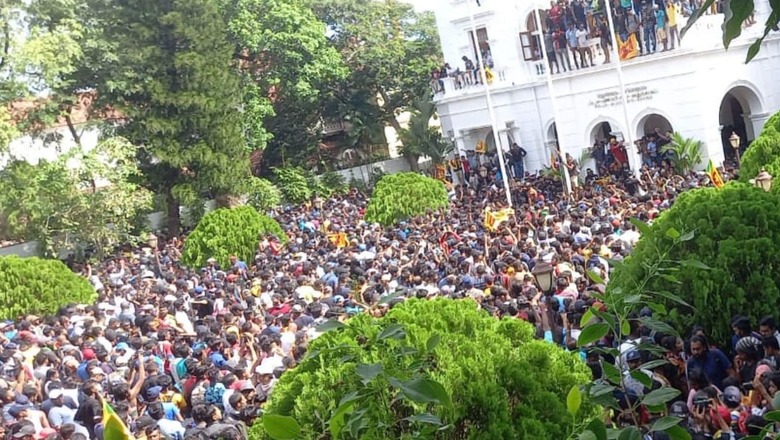
views
Mohammed Karim, a 34-year-old wage labourer in Sri Lanka’s capital Colombo, has been waiting in a queue outside a petrol station for two days straight. Time stands still for one inching forward in a queue for two days. No action. No movement. Just waiting. Karim’s status contrasts spectacularly with the island nation’s political situation: always on the boil, flowing and ebbing with the energy of protesters bent on sending the Rajapaksa clan packing.
For Karim, who just wants to survive, Sri Lanka has become even more challenging. He still has to wait for another day or two to get the fuel, the most sought-after commodity in Sri Lanka. Every station is preceded by miles-long queues stretching into the distance. With every passing day, they get longer.
“We have to travel from faraway places to reach a petrol bunk that is open. So we are stationed in these queues till we get our turn. I can’t park here and go back as my house is 10 kilometres away," Karim said.
Like him, most citizens are furious. Instead of commuting to work, they spend a minimum of three days scouting for petrol bunks before heading back to their routines. The fuel shortage is, at once, the starting point of chaos and the centre of it. With little fuel, a whole range of economic activity has come to naught: supply of essentials is barely adequate, and travel has completely stopped. Getting kids to school is a gigantic task not many parents are able to deal with every day. Should someone fall ill, the consequences could immediately get dire.
Like others, 17-year-old student Sebastian is also angry. With colleges shut indefinitely because teachers have not been able to commute, Sebastian has been frustrated and homebound. As protesters rise in every direction, he has tried to shut himself from the constant upheaval but with limited luck. “Schools and colleges in the country are closed until further notice. There is nothing much to do here but protest," he says.
The future looks bleak too as online classes are a novelty and there is trepidation over exams. “We don’t have good network for online classes. Students like me have to prepare for our advanced levels to plan a future and apply for universities too. But we don’t have schools. Our teachers are not able to guide us in this critical phase. Our future is ruined. Thanks to the ruling government. Even though the Covid-19 phase is over, political chaos is destroying our future," Sebastian said.
The worst nightmare has been medical emergencies. Hospital visits for the sick have seemed like insurmountable challenges, with long-distance travel ruled out. For medical practitioners, including surgeons, access to fuel is rationed but even then, there is no surety they would be able to make it to hospital on a given day. “My aunt has a wound in the chest. She has to visit the hospital every two days but we are not getting autos to commute. After waiting for four days, she had no choice but to walk and reach the hospital," 25-year-old Fazrullah said.
Strangely enough, Lankans have tried to cope. One of the easiest reaches at times of fuel unavailability has been bicycles. The people have taken to bicycles energetically, even though their utility is fairly limited.
“I had to wait for two weeks to get a fully equipped bicycle. The demand for bicycles has increased in the last two-three weeks," Srinivasa told CNN-News18 as he lugged his new bicycle on to the back of his car. Lankans do manage to retain their dry humour, too: “You wouldn’t be surprised if Sri Lanka looks like Amsterdam in a few months from now with many buying cycles because of unavailability of fuel."
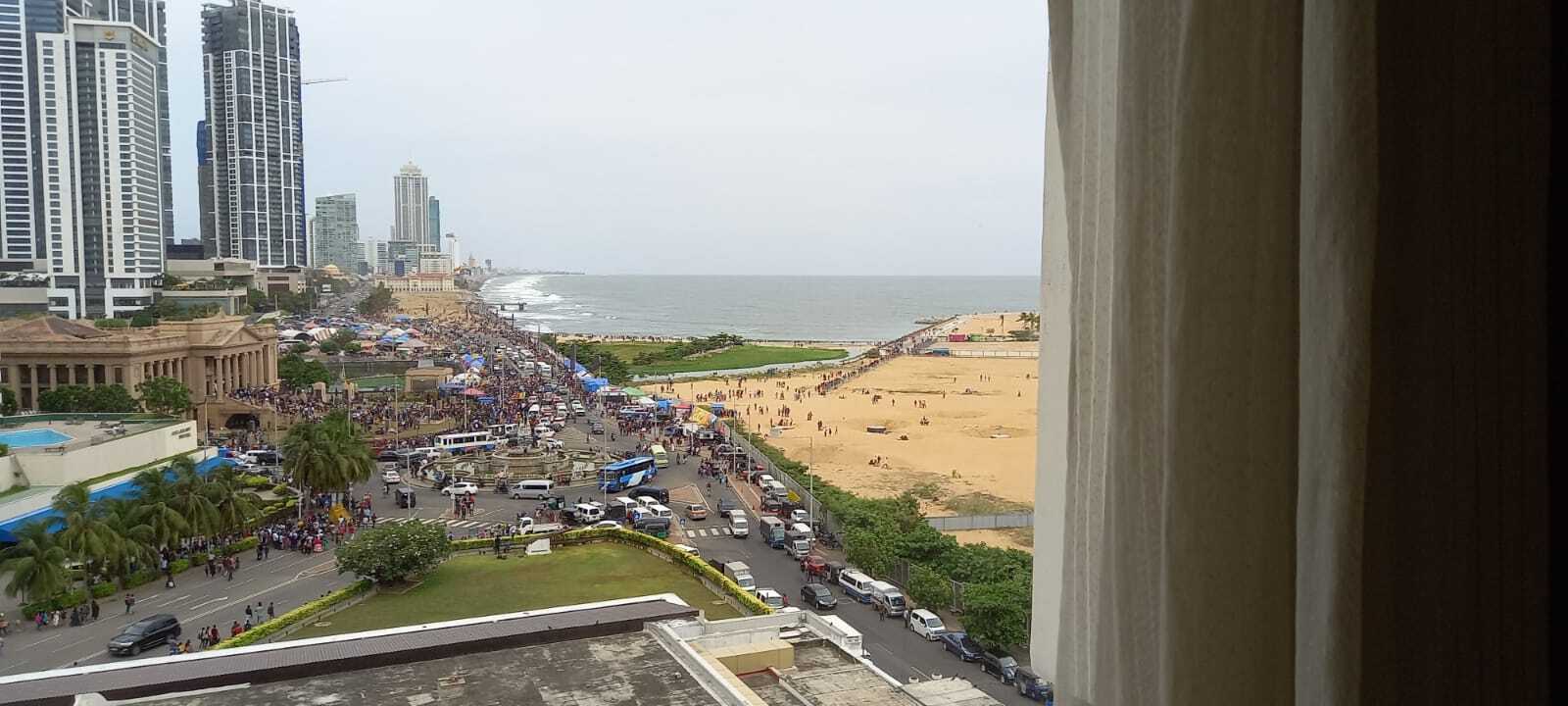
Two bicycle shops we spoke to said they see a 90 per cent increase in the sales and they expect the demand to increase in the next few months.
Sri Lanka had evolved a self-reliant entrepreneur community over the years — a robust network of interdependencies that worked well during recessions. Hotels, restaurants, farmers, traders and other nodes in the supply chain had strong linkages to survive supply demand undulations before, but an upheaval-led breakdown is becoming too much to bear. The economic crisis and supply shortages have added to the overall bear sentiment, say entrepreneurs.
When this correspondent visited Sri Lanka two months ago, it was the individual homes in far-flung locations that switched to firewood due to lack of cylinders. Now, shops and establishments have made the switch: Sri Vihar hotel located in Colombo’s Mawatha is subsisting on firewood. Selva, who works at the hotel, said many establishments are getting hammered because gas was getting impossible to procure.
“We have been using firewood for over a month to cook all varieties of food because we didn’t manage to buy gas. We may be getting gas anytime this week. Till then, we will manage with firewood. The food tastes the same. Add to that, we are losing many VIP customers because many don’t want to come and dine because they don’t have enough fuel," Selva said.
Festivities have naturally slimmed down. “We celebrated Haj festival on July 10. Usually, we make a lot of snacks and visit our relatives. This time, it was a low-key affair. We were not able to make a lot of snacks because of shortage of essentials. Even though we are ready to spend money, most of the commodities are not available. And no fuel. So, neither we nor our relatives were able to visit each other," said 52-year-old Fouziya Haneefa.
The lives of the general populace silently suffering do not contrast much with those of protesters, stationed at Galle Face for months, screaming hoarsely for the Rajapaksas to step down. They know that the crisis will worsen before it gets better.
“We want the Rajapaksas to resign because their mismanagement led to this crisis. The crisis is man-made. Had Basil Rajapaksa (former finance minister) not delayed meeting with IMF, we could have got their assistance. They did not address the issue when we were reeling under the crisis," said Kishan, a protester.
Protesters stand by their demand for the resignation of both President Gotabaya Rajapaksa and Prime Minister Ranil Wickremesinghe. They want an interim government that can function without the influence of the Rajapaksas, for they know that the country needs political stability.
Going by their spirit, it appears as though they would not rest before a new set of leaders without any affiliation with the ruling family takes its place in government. But the question remains: when better sense prevails, who would answer the question of getting the clobbered economy back on its feet?
Read all the Latest News, Breaking News, watch Top Videos and Live TV here.










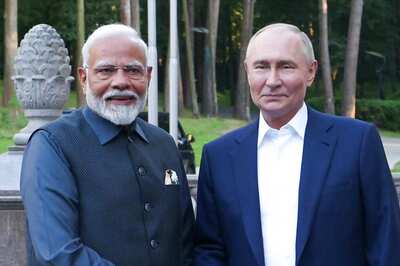




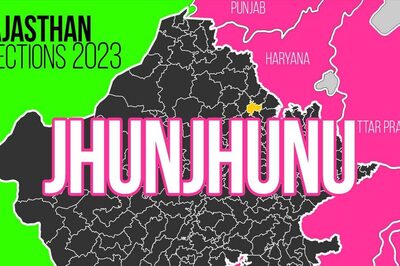
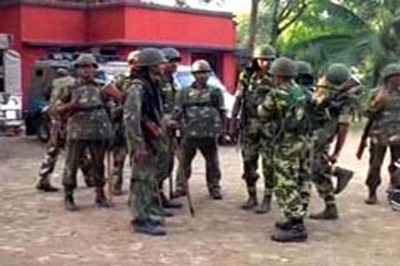
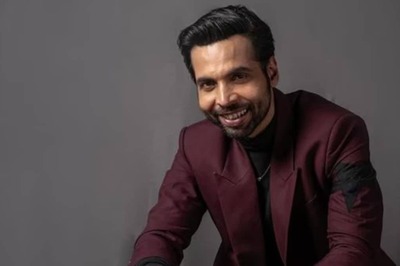

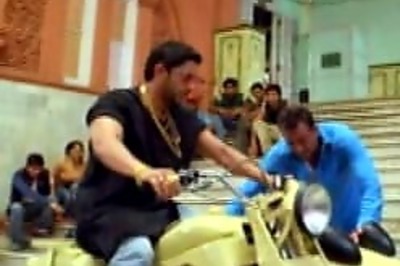
Comments
0 comment